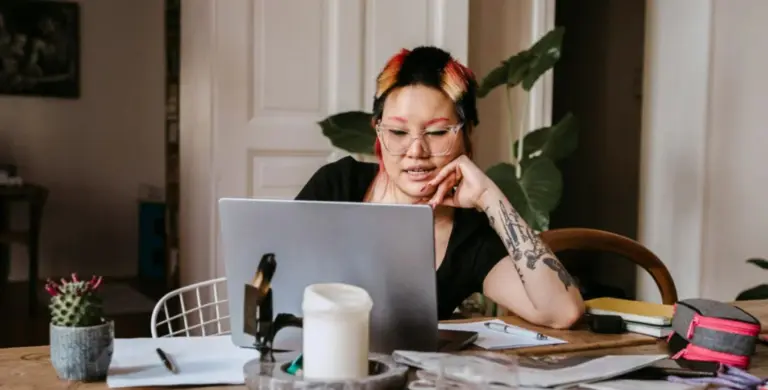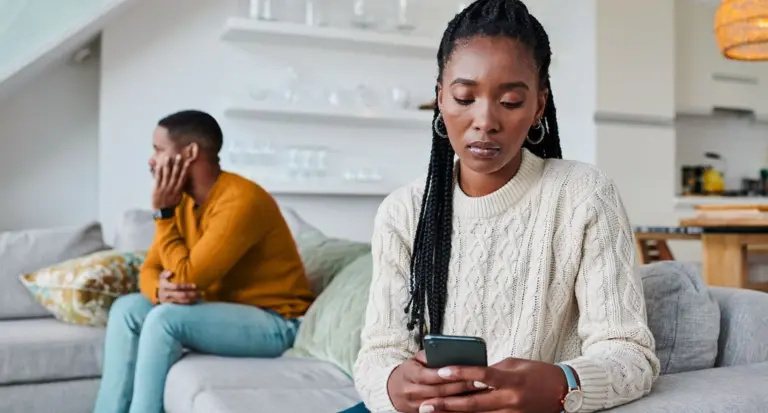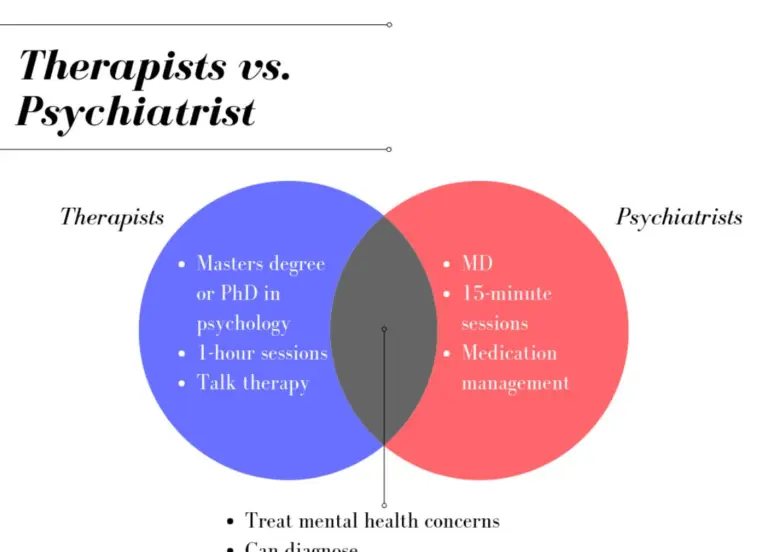How to Get Rid of Anxiety: Effective Strategies for Finding Relief
Anxiety can be a challenging and overwhelming experience, affecting millions of people worldwide. If you’re struggling with anxiety, you’re not alone. The good news is that there are numerous strategies and techniques you can employ to manage and reduce anxiety symptoms. In this comprehensive guide, we’ll explore various methods to help you get rid of anxiety and regain control of your life.
What is Anxiety?
Anxiety is a natural human response to stress or perceived threats. It’s characterized by feelings of worry, unease, or fear about future events or situations. While occasional anxiety is normal, persistent or excessive anxiety can interfere with daily life and may indicate an anxiety disorder.
Common symptoms of anxiety include:
- Rapid heartbeat
- Sweating
- Trembling
- Difficulty concentrating
- Sleep disturbances
- Restlessness
Understanding anxiety is the first step in learning how to manage it effectively. Let’s look at some proven strategies to help you get rid of anxiety.
Practice Mindfulness and Meditation
Mindfulness and meditation are powerful tools for managing anxiety. These practices help you focus on the present moment, reducing worry about the future or rumination about the past. Regular mindfulness practice can lead to significant reductions in anxiety symptoms.
To get started with mindfulness:
- Set aside 5-10 minutes daily for meditation
- Find a quiet, comfortable space
- Focus on your breath or a specific object
- Gently redirect your thoughts when they wander
Many apps and online resources offer guided meditations specifically designed for anxiety relief. Consistency is key – try to make mindfulness a daily habit for best results.
Exercise Regularly
Physical activity is a natural anxiety-buster. Exercise releases endorphins, which are known as “feel-good” hormones. Regular exercise can help reduce stress, improve mood, and boost overall well-being.
Aim for at least 30 minutes of moderate exercise most days of the week. This can include:
- Brisk walking
- Jogging
- Swimming
- Cycling
- Yoga
Find activities you enjoy to make exercise a sustainable part of your routine. Even short bursts of activity throughout the day can have a positive impact on anxiety levels.
Practice Deep Breathing Techniques
Deep breathing exercises can help calm your nervous system and reduce anxiety symptoms. When you’re feeling anxious, your breathing often becomes shallow and rapid. By consciously slowing and deepening your breath, you can activate your body’s relaxation response.
Try this simple deep breathing technique:
- Inhale slowly through your nose for a count of 4
- Hold your breath for a count of 4
- Exhale slowly through your mouth for a count of 4
- Repeat for 5-10 cycles
Practice this technique regularly, even when you’re not feeling anxious, so it becomes second nature when you need it most.
Limit Caffeine and Alcohol Intake
Both caffeine and alcohol can exacerbate anxiety symptoms. Caffeine is a stimulant that can increase heart rate and feelings of nervousness. Alcohol, while initially relaxing, can disrupt sleep patterns and lead to increased anxiety as it wears off.
Consider reducing or eliminating caffeine from your diet, especially in the afternoon and evening. If you choose to drink alcohol, do so in moderation and be aware of its potential impact on your anxiety levels.
Prioritize Sleep
Quality sleep is crucial for managing anxiety. Lack of sleep can worsen anxiety symptoms and make it harder to cope with stress. Aim for 7-9 hours of sleep per night and establish a consistent sleep routine.
To improve your sleep habits:
- Stick to a regular sleep schedule
- Create a relaxing bedtime routine
- Avoid screens for at least an hour before bed
- Keep your bedroom cool, dark, and quiet
If you struggle with sleep, consider talking to a healthcare professional about strategies to improve your sleep quality.
Challenge Negative Thoughts
Anxiety often involves negative thought patterns that can fuel worry and fear. Learning to identify and challenge these thoughts can be an effective way to reduce anxiety. Cognitive-behavioral therapy (CBT) is a type of therapy that focuses on this process.
When you notice anxious thoughts, try the following:
- Identify the thought
- Question its validity
- Look for evidence that contradicts the thought
- Replace it with a more balanced or realistic thought
With practice, you can learn to reframe negative thoughts and reduce their impact on your anxiety levels.
Connect with Others
Social support is a powerful tool in managing anxiety. Talking to friends, family, or a support group can help you feel less isolated and provide new perspectives on your worries. Don’t hesitate to reach out when you’re feeling anxious.
Consider joining a support group for people with anxiety. Sharing experiences and coping strategies with others who understand can be incredibly helpful.
Try Aromatherapy
Certain scents can have a calming effect on the mind and body. Aromatherapy using essential oils may help reduce anxiety symptoms. Some oils known for their relaxing properties include:
- Lavender
- Chamomile
- Bergamot
- Ylang-ylang
You can use essential oils in a diffuser, add them to a bath, or apply them diluted to your skin. Always follow proper safety guidelines when using essential oils.
Frequently Asked Questions (F.A.Q)
Q1. Can anxiety be cured completely?
While anxiety can’t always be “cured” in the traditional sense, it can be effectively managed. Many people find that with the right combination of strategies and treatments, their anxiety symptoms significantly reduce or become manageable.
Q2. How long does it take to see improvements in anxiety symptoms?
The timeline for improvement varies from person to person. Some may notice changes within a few weeks of implementing new strategies, while others may take longer. Consistency and patience are key in managing anxiety.
Q3. Are there any natural supplements that can help with anxiety?
Some natural supplements, such as chamomile, valerian root, and passionflower, have been studied for their potential anxiety-reducing properties. However, it’s important to consult with a healthcare professional before starting any new supplements, as they can interact with medications and may have side effects.
Q4. When should I seek professional help for anxiety?
If your anxiety is significantly impacting your daily life, relationships, or work, it’s important to seek professional help. A mental health professional can provide personalized strategies and treatments, including therapy and medication if necessary.
Wrapping Up
Getting rid of anxiety is a process that requires patience, consistency, and a willingness to try different approaches. By incorporating these strategies into your daily life, you can develop effective tools to manage anxiety and improve your overall well-being. Remember, it’s okay to seek help when you need it, and with the right support and techniques, you can learn to navigate anxiety and lead a fulfilling life.




